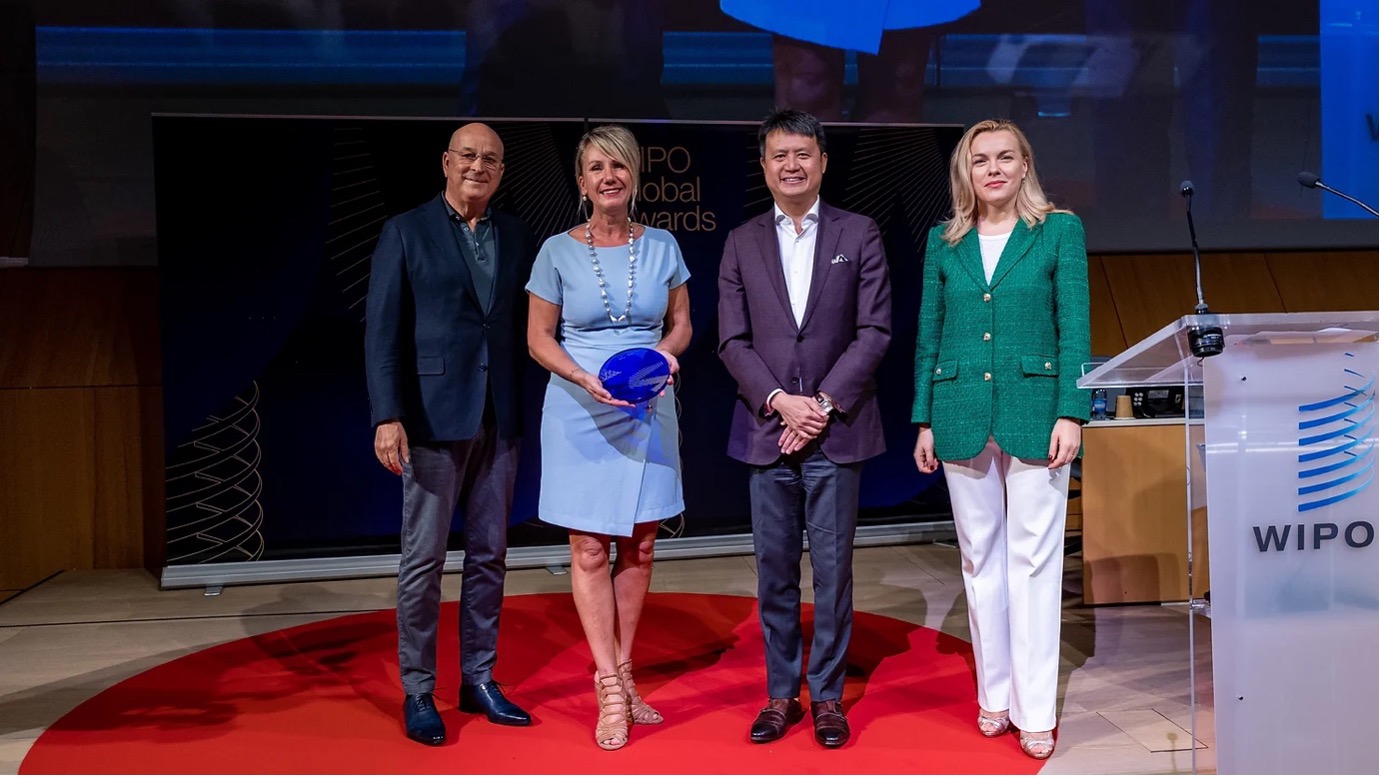4 minute read
Greywater Recycling saves significantly more drinking water than Rainwater Harvesting – Urgency highlighted by Dry 2025
PRESS RELEASE
Leeuwarden, 14 May 2025 – The report “Drinkwater onder druk” (Drinking Water Under Pressure) by the Dutch Court of Audit warns that drinking water conservation in the Netherlands is progressing too slowly. The first four months of 2025 have been exceptionally dry, with the lowest rainfall in decades [source]. Groundwater levels are falling, water authorities are sounding the alarm, and pressure on the drinking water supply is increasing. Arthur Valkieser, CEO/CTO & co-founder of Hydraloop International, Board Member & Vice President of WaterEurope, and Vice Chairman of the WaterAlliance Expert Group Circular Water, calls for the rapid adoption of greywater recycling, as rainwater tanks are proving unreliable.
Study confirms: Greywater Recycling outperforms Rainwater Harvesting
Research conducted by Hydraloop using the Circular Water Comparison Tool (validated by the Centre of Expertise Water Technology) and rainfall data from De Bilt (1 January to 14 May 2025) shows that greywater recycling saves significantly more drinking water than rainwater harvesting.
In a 134-day simulation involving two types of dwellings:
• a terraced house with a 60 m² roof and a 3,000-liter rainwater tank
• a semi-detached house with an 80 m² roof and a 5,000-liter rainwater tank
(both occupied by four residents), the following results were observed:
Terraced house
-Rainwater tank empty for 80 days
-7,961 liters of drinking water saved (12.4%)
Semi-detached house
-Rainwater tank empty for 62 days
-12,241 liters of drinking water saved (19%)
Hydraloop greywater system (for both dwelling types)
-100% operational during the drought
-22,240 liters of drinking water saved (35%)
This means greywater recycling saved up to 179% more in the terraced house (22,240 vs. 7,961 litres) and 82% more in the semi-detached house (22,240 vs. 12,241 litres).
From linear to circular water management
WaterEurope, a leading platform initiated by the European Commission, advocates for a Water-Smart Society where water is used efficiently and reused wherever possible. Greywater recycling – the local treatment and reuse of shower water for toilet flushing, washing machines, or garden irrigation – is safe when compliant with strict NEN standards, and can reduce household water consumption by 25–45%. It also reduces wastewater volumes by the same percentage, relieving pressure on overloaded infrastructure and lowering costs for drinking water production and wastewater treatment.
Rainwater Harvesting falls short
Rainwater harvesting, often promoted as a solution, has proven unreliable. In 2025, tanks were empty for weeks (80 days in terraced homes, 62 in semi-detached), as is also confirmed in Belgium, where such systems are mandatory. Moreover, rainwater harvesting removes water from natural groundwater replenishment and adds load to sewers through surplus discharge, while greywater recycling is weather-independent and avoids these issues.
Practical solutions available
Greywater recycling can be easily and cost-effectively integrated into both new-build and renovation projects. Circular showers can also be retrofitted into existing homes, saving up to 80% of water and energy used for showering.
The Dutch Court of Audit describes greywater recycling as promising but notes delays in legislation, partly due to unjustified concerns about public health.
Valkieser states: “There is sufficient scientific evidence showing these technologies are safe and effective. We must act now to meet the goal of 100 litres per person per day by 2035, and to support the construction of 900,000 new homes over the next decade.”
Call to action
Hydraloop calls for the immediate adoption of circular water solutions. “The drought of 2025 demonstrates the urgency. Our technologies are safe, certified, and ready — and can help prevent drinking water shortages,” says Valkieser.
Nick Post, involved in drinking water and wastewater standards (NEN 1006, NEN 3215) and European standardisation at Hydraloop, adds: “For years, government action has lacked decisiveness, despite the availability of safe solutions. It’s as simple as mandating that toilets may no longer be flushed with drinking water.”
Compare your potential water savings with the Circular Water Comparison Tool
About Hydraloop
Hydraloop develops decentralised water recycling systems and circular showers that reduce total in-house water use by 25–45%. The Hydraloop water recycling system is NSF 350 certified, ensuring microbiologically safe non-potable water. As a member of WaterEurope and WaterAlliance, Hydraloop contributes to building a circular water economy.
Editorial note
For media inquiries, interviews, or high-resolution images, please contact:
Sabine Stuiver, Corporate Ambassador & Co-founder
+31 6 3452 9070
sabine.stuiver@hydraloop.com







